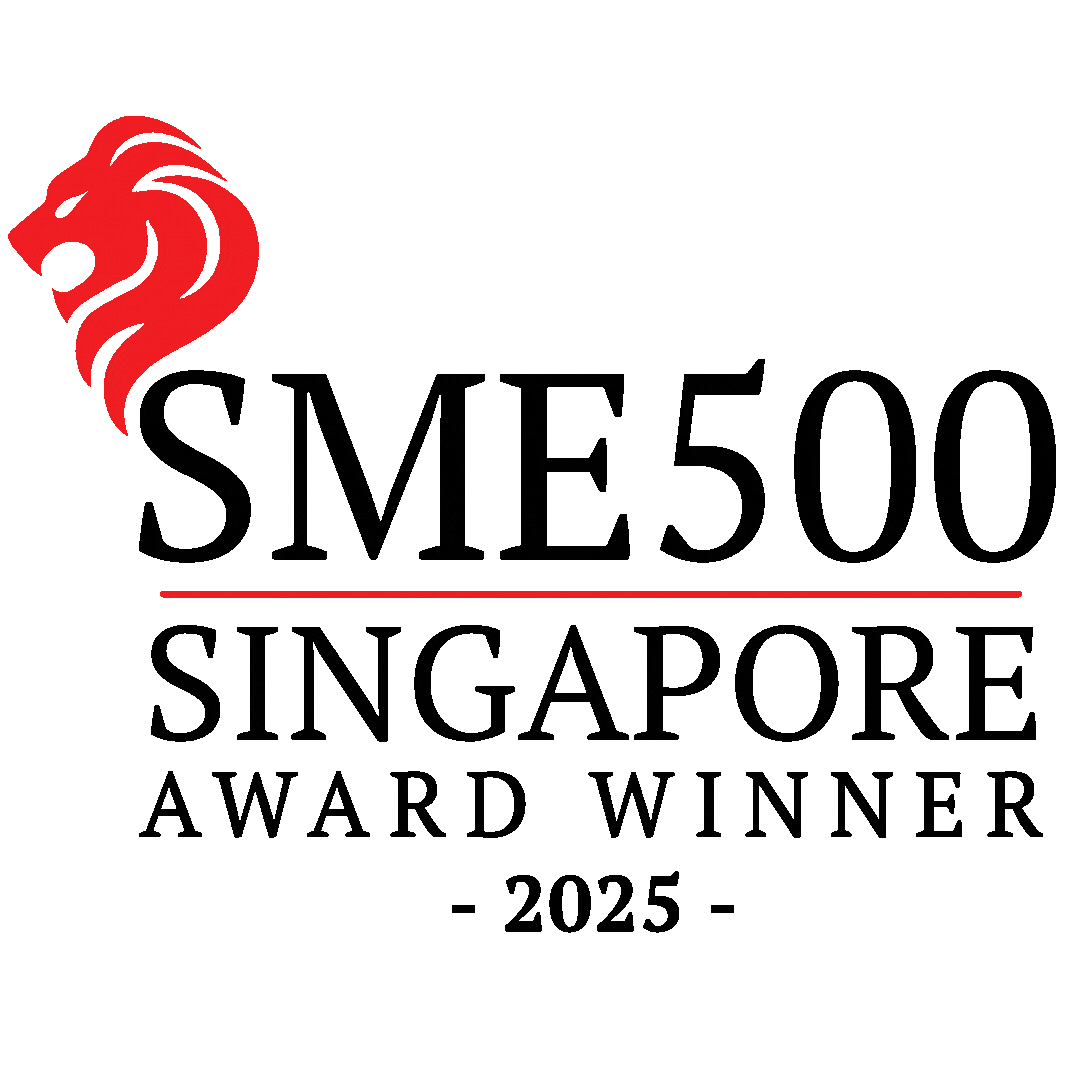Teaching Resilience: Growth vs. Fixed Mindset
- Joanne Croix
- Mar 29, 2021
- 2 min read
All too often we hear children and adults saying that they cannot do something. This kind of thinking could be a product of a fixed instead of a growth mindset. Phrases such as, “I can’t do this, it’s too hard” or “I’m not good at maths” have unfortunately become commonplace for individuals who feel that they simply are not good at something.
If you have caught yourself saying something similar when set a challenge, what if looking at it from a different perspective can change the way you approach it for a more positive result? How can we instill this in children to improve their learning?

Psychologist Carol Dweck and her team studied the power of beliefs in children. They found that those “who pushed through challenges believed they could improve. Kids who pulled back from challenges believed their abilities couldn’t improve.”
Growth Mindset vs. Fixed Mindset
Having a growth mindset refers to the belief that one’s talents and abilities can be improved through dedication and hard work. It is this power of beliefs and making simple changes that can have a massive impact on the learning potential of adults and children.
What is growth mindset?
“In a growth mindset… brains and talent are just the starting point. This view creates a love of learning and a resilience that is essential for great accomplishment.” This is just one of many illuminating growth mindset quotes and insights in Dweck's research.
By contrast, a fixed mindset, according to Renaissance, is the belief that you are born with certain talents and traits that cannot be changed. In addition, Dweck posits that a person with a fixed mindset believes that “talent alone creates success—without effort.”
So if you truly believe that you are not good at maths, for example, then you also believe that you cannot improve even if you try.

Source: Brain Pickings
The image above shows us how a person with a growth mindset or fixed mindset deals with certain situations such as when facing challenges and criticism.
In a fixed, vs growth mindset, the person avoids facing challenges and easily gives up when faced with obstacles. On the other hand, a growth mindset enables a person to embrace challenges and persist against all odds.
Conclusion
If we believe in ourselves and we understand that hard work will be the driving factor to improve our skills set, we have the mindset to be able to further develop our successes. However, if we have fixed notions or preconceived ideas about what we are and are not good at, then our learning will stagnate and we will grow gaps in areas of potential successes.
---
Astor International School, a Singapore international school, believes that the foundation for success and resilience in the global arena starts with a good education built on a growth mindset curriculum.
Find out more about Astor International School by booking a tour here.






Comments